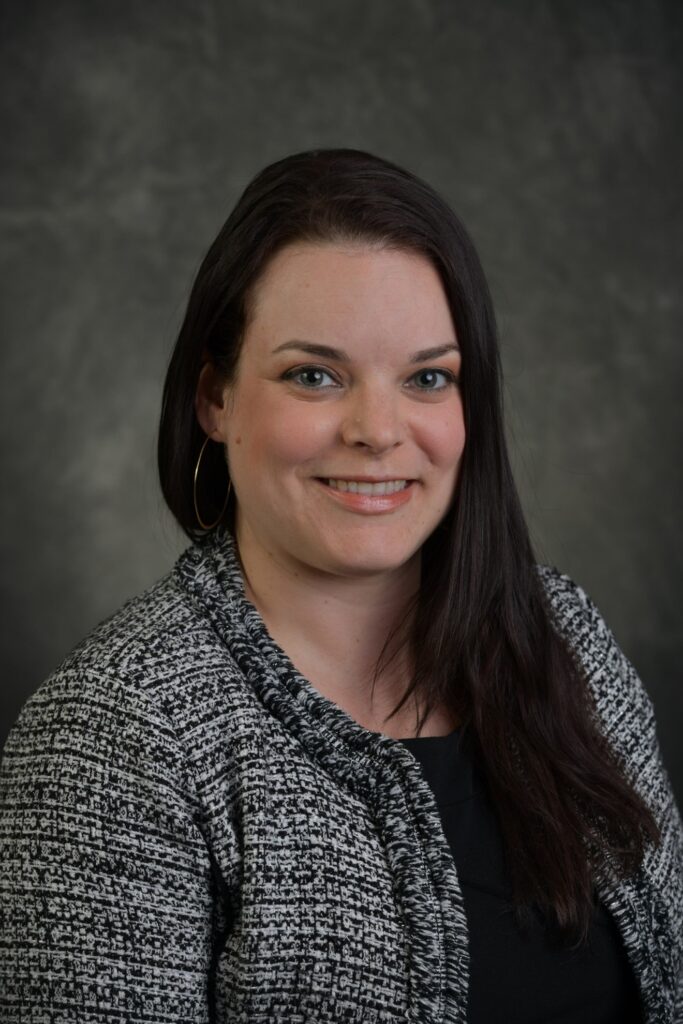 On University at Albany Week: What happens when kids watch too much media at a young age?
On University at Albany Week: What happens when kids watch too much media at a young age?
Sarah Domoff, assistant professor in the department of psychology in the College of Arts and Sciences, looks into this.
Assistant Professor Sarah Domoff is a leading expert on problematic media use during childhood. Her research and clinical work on the mental health impacts of social media use has led to the identification of evidence-based strategies and interventions to prevent excessive screen time and promote healthy media use among children, adolescents, and families. In addition to her clinical research focus, Domoff also partners with schools to screen for problematic media use and to promote balanced and safe screen time in students.
Problematic Media Use and Children
Media consumption among young children is on the rise. As this trend grows, understanding how early media use can impact a child’s development, social and emotional outcomes, and behavioral patterns is key to preventing harmful habits with long-term effects.
I recently collaborated on a study that examined “problematic media use” – what we call “PMU” —during early childhood. PMU is when media consumption starts interfering with day-to-day life, social interactions or emotional regulation.
Our longitudinal analysis focused on children aged 2.5 to 5.5 years old. Caregivers were asked to recall the frequency of their child’s engagement with various types of screen media over the past month and report associated behaviors that could be considered problematic or addictive — such as loss of interest in other activities, preoccupation with media, social withdrawal and sneaking media use.
Our study found evidence of problematic media use among children as young as two, with a tendency for PMU to increase as children got older. Factors like a child’s initial emotional reactivity, levels of aggression, and even the amount of time they spend watching TV early on, can predict the extent to which media use might become a problem later.
Further, children who demonstrated higher levels of PMU were more likely to experience social and emotional issues four years later. Kids whose media use increased over time were more likely to develop aggressive behaviors, even if they weren’t aggressive to begin with.
This study underscores the importance of paying attention to how young children use media. By understanding and addressing problematic media use early on, we can support better social, emotional and behavioral outcomes as kids grow up. Our findings also suggest that early intervention—like setting healthy media boundaries and helping kids develop better self-regulation—could make a big difference in preventing long-term issues.
